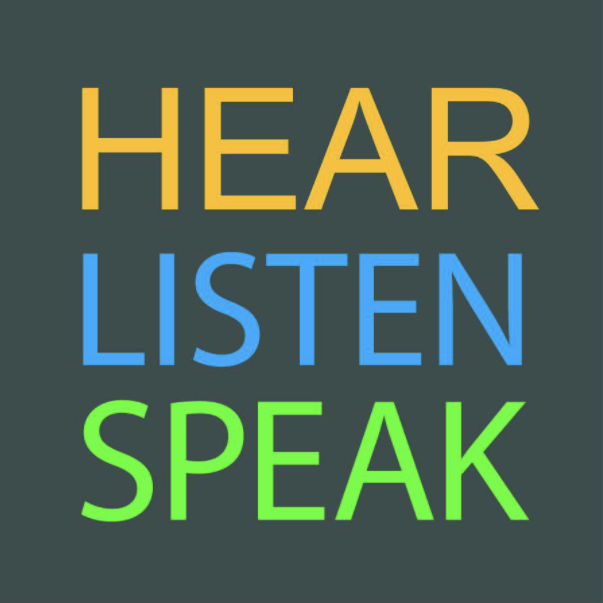This is something super important that I’ve come to realize over ten years of language learning.
True, deep, long-term learning can only happen when you experience strong positive emotions associated with it.
If learning a language feels like studying, homework, a chore, then honestly you’re wasting your time.
This is a huge reason why most language classes in schools are highly ineffective, and most everyone knows the feeling of taking a language class and learning next to nothing.
Learning should really involve activities that are exciting, enjoyable, and therefore effective for you personally.
Your materials have to interest and inspire you, so that you truly want to open them up and learn as a part of the process.
For me, enjoyable language learning always starts with music. Because how else are you gonna learn to hear all of these new sounds when you still can’t understand anything?
Then, I move on to conversational exchanges with people I meet. Usually, I actually won’t start out with existing friends, and I’ll look for language exchange partners instead.
This makes it easier to ask for help and feedback, and removes a lot of the fear of making mistakes in front of your friends.
And when you do make mistakes, learn to laugh at yourself! Languages are super funny and weird, and learning a new one opens your ears to all of the hilarious things we say.
(Quick note: this will take a lot of time, effort, and energy, so make sure you’re finding people who make it enjoyable!)
After I’ve learned to understand basic conversations, I’ll move on to shows with audio (and at first, subtitles) in my target language.
You do NOT have to be a purist and watch only original foreign language media.
Feel free to watch your favorite shows and movies that have been dubbed and subtitled in your target language.
This has the huge benefit that you already know whats happening, which frees up a ton of mental bandwidth to absorb a lot more of the language you’re learning.
The most important thing here is to get a lot of exposure to the real live language as spoken by native speakers. Duolingo doesn’t cut it.
You can use the playback speed feature to slow things down, but don’t go so slow that the words become unrecognizable.
Other great resources are podcasts, audiobooks, or recorded articles as read by a native speaker.
Notice that all of these recommendations have one thing in common: NATIVE AUDIO!
You do not want to be consuming text-only media right now, because that can seriously hinder your ability to understand native speech and speak with a good accent.
So find any materials that inspire you which include native audio (and human-generated subtitles) and go to town!
But if everything is going way over your head and you can’t pick up anything, maybe that content is still too advanced for you right now.
Consume as much as you can, but always make sure that you can really understand a decent chunk of it and pick up new words from the context surrounding them.
You’re looking for the sweet spot between understanding everything and learning nothing new, and understanding nothing because everything’s new.
And always remember the number one rule of language learning: if you’re not having a ton of fun, you’re not really learning!
